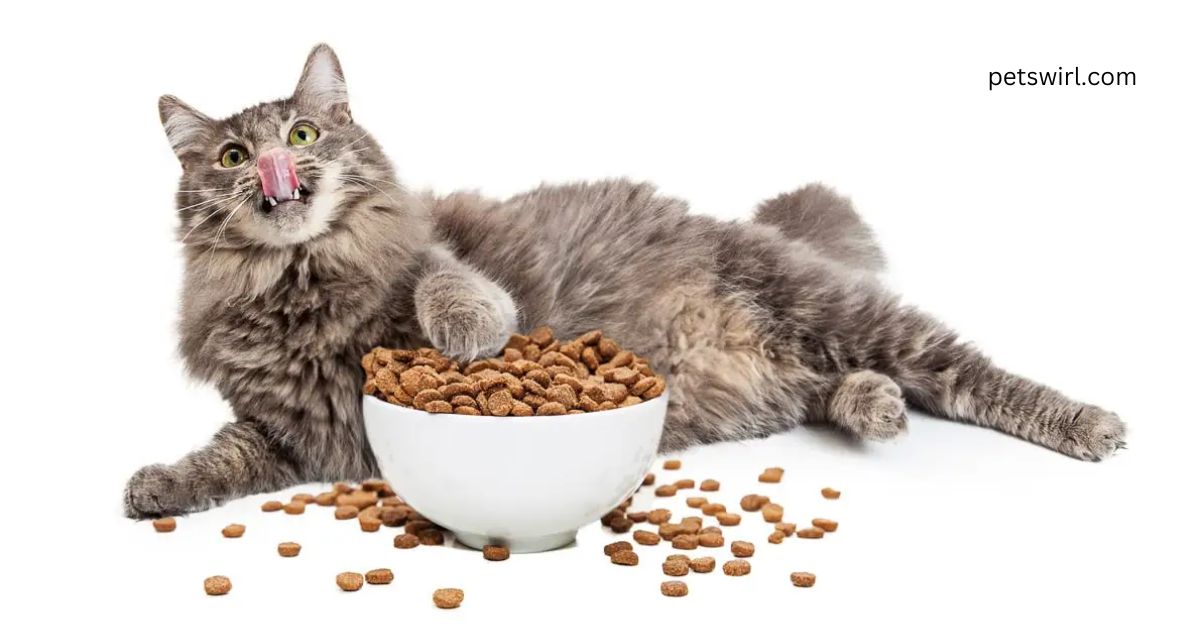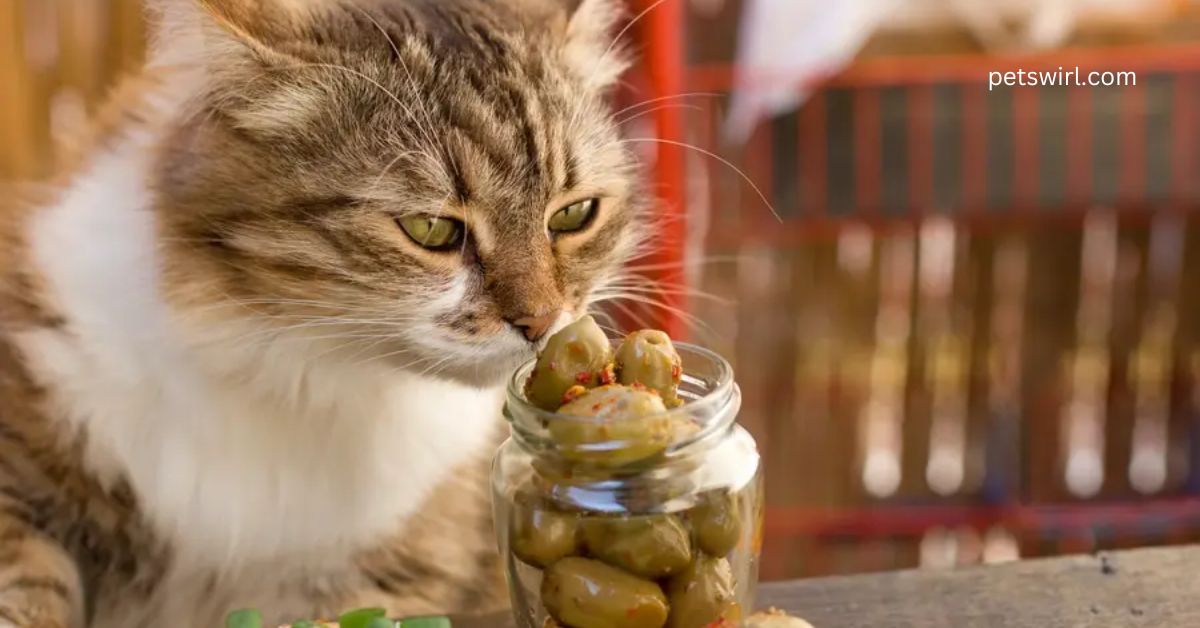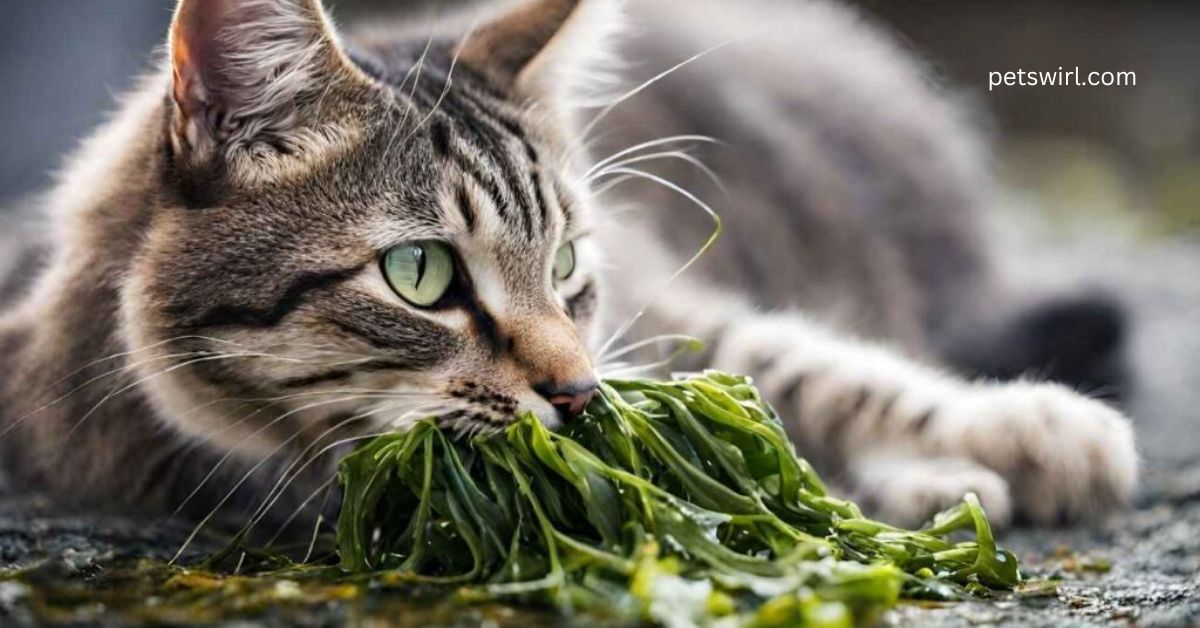When it comes to our furry friends, it’s natural to wonder about their dietary preferences and restrictions. One common question that arises among cat owners is: Can cats taste spicy? The short answer is no, but the topic warrants a deeper exploration. This article delves into feline taste perception, the effects of spicy foods on cats, and offers insights into what is safe for your pet’s diet.
Understanding Cat Taste Buds
Can Cats Taste Spicy?, cats, like humans, have taste buds that help them perceive flavors. However, their taste perception is quite different from ours. While humans have approximately 9,000 taste buds, cats possess only around 470. This significant difference influences their ability to taste and enjoy various flavors, including spicy ones.
Feline Taste Perception
Cats are obligate carnivores, which means their diet primarily consists of meat. Their taste buds are adapted to detect amino acids and proteins rather than sweetness or spice. Here’s a closer look at how cats perceive flavors:
- Sensitivity to Sweetness: Cats lack taste receptors for sweetness. Unlike dogs, who enjoy sweet treats, cats show no interest in sugary foods. This absence of sweet taste receptors highlights their carnivorous nature.
- Detecting Umami: Cats have a heightened ability to taste umami, which is the savory flavor associated with proteins. This preference is why they are often drawn to meaty flavors in cat food.
- Lack of Spicy Taste Receptors: Cats do not have the receptors needed to taste spicy foods. This lack of sensitivity to spice means they cannot experience the heat or burning sensation that humans feel when consuming spicy foods.
The Impact of Spicy Foods on Cats
Can Cats Taste Spicy?, while cats cannot taste spicy flavors, it is essential to understand how spicy foods can affect them. Feeding your cat spicy foods is not recommended for several reasons:
1. Gastrointestinal Distress
Cats’ digestive systems are not equipped to handle spicy ingredients. If a cat ingests spicy food, it can lead to gastrointestinal issues, such as:
- Vomiting: Spicy foods can irritate a cat’s stomach, leading to vomiting as the body attempts to expel the irritant.
- Diarrhea: The consumption of spicy substances can also result in diarrhea, causing discomfort and dehydration.
- Abdominal Pain: Cats may experience cramps or abdominal pain after consuming spicy foods, resulting in distress and discomfort.
2. Behavioral Reactions
Cats may have adverse reactions to spicy foods, even if they cannot taste the spice itself. Some common behavioral reactions include:
- Avoidance: Cats are generally wary of unfamiliar foods. If they detect an unpleasant odor or taste, they may avoid eating it altogether.
- Agitation: Spicy foods can cause discomfort, leading to signs of agitation such as pacing, meowing, or excessive grooming.
3. Toxic Ingredients
Can Cats Taste Spicy?, many spicy dishes contain ingredients that can be toxic to cats. Here are some common spicy ingredients to avoid:
- Onions and Garlic: Both are part of the allium family and can be toxic to cats, leading to anemia and digestive issues.
- Chili Peppers: While not inherently toxic, the heat from chili peppers can cause significant irritation to a cat’s digestive tract.
- Salt and Seasonings: Excessive salt and certain seasonings can be harmful to cats, leading to sodium ion poisoning.

Safe Alternatives to Spicy Foods
Can Cats Taste Spicy?, if you’re looking to spice up your cat’s diet, there are safe and healthy alternatives to consider. Here are some options that can provide variety without compromising your cat’s health:
1. Meaty Treats
Can Cats Taste Spicy?, since cats are obligate carnivores, meaty treats are a great way to provide flavor and nutrition. Look for treats made from real meat, such as chicken, turkey, or fish. These options are more aligned with their natural dietary preferences.
2. Catnip and Cat Grass
Can Cats Taste Spicy?, many cats enjoy catnip, which can add excitement to their diet without any harmful effects. Cat grass is another safe alternative that can aid digestion and provide enrichment.
3. Commercial Cat Food with Flavor Varieties
When choosing cat food, opt for brands that offer various flavors, including chicken, beef, and fish. Look for products that use high-quality ingredients without artificial additives or spicy seasonings.
4. Homemade Cat Treats
If you enjoy cooking, consider making homemade cat treats. Use safe ingredients such as cooked chicken, fish, or pureed pumpkin. These treats can be flavored naturally without the risks associated with spicy foods.
Also read: Can Cats Eat Ice Cream?
Nutritional Needs of Cats
Can Cats Taste Spicy?, understanding what cats can and cannot taste is vital for providing a balanced diet. Cats have specific nutritional requirements that differ from those of dogs or humans. Here’s what you should consider when feeding your cat:
1. Protein Requirements
Cats need a diet high in protein to support their muscle development and overall health. Aim for cat food with a protein content of at least 30-40% for optimal health.
2. Essential Fatty Acids
Fats are crucial for maintaining healthy skin and a shiny coat. Look for cat foods containing omega-3 and omega-6 fatty acids for overall well-being.
3. Vitamins and Minerals
Can Cats Taste Spicy?, ensure your cat’s diet includes essential vitamins and minerals. Look for cat foods fortified with taurine, an amino acid critical for heart and eye health.
4. Hydration
Can Cats Taste Spicy?, cats often do not drink enough water, leading to urinary tract issues. Encourage hydration by providing fresh water daily and considering wet cat food options, which can help maintain moisture levels.
The Bottom Line: Can Cats Taste Spicy?
In summary, the answer to the question, “Can cats taste spicy?” is a definitive no. Cats lack the necessary taste receptors to perceive spicy flavors. While they may not taste the spice, consuming spicy foods can lead to gastrointestinal distress, discomfort, and potentially toxic reactions from certain ingredients.
As responsible pet owners, it is crucial to provide a safe and nutritious diet for our feline companions. Instead of offering spicy foods, focus on high-quality, protein-rich options that cater to their natural dietary preferences. By understanding your cat’s nutritional needs and avoiding harmful ingredients, you can help ensure their health and happiness for years to come.

Frequently Asked Questions (FAQs)
Can cats eat spicy food?
No, cats should not eat spicy food. While they cannot taste spice, consuming it can lead to gastrointestinal distress and discomfort.
What should I do if my cat eats something spicy?
If your cat accidentally consumes something spicy, monitor them for signs of distress, such as vomiting or diarrhea. If symptoms persist or worsen, contact your veterinarian.
Are there any safe spicy ingredients for cats?
Some cats may enjoy a sprinkle of catnip, but avoid all spicy ingredients such as chili peppers, garlic, and onions, as they can be harmful.
Can cats taste other flavors?
Cats primarily detect meaty flavors and umami. They cannot taste sweetness and have limited sensitivity to other flavors.
Conclusion: Can Cats Taste Spicy Foods?
In conclusion, while cats possess taste buds similar to humans, they lack the ability to taste spicy flavors. Their taste receptors do not respond to compounds like capsaicin, which is responsible for the heat in spicy foods. This means that while a cat may experience the aroma of spicy dishes, they will not perceive the heat or spiciness as we do. Additionally, feeding cats spicy foods can lead to digestive upset and discomfort, so it’s best to stick to their specialized diets. Ultimately, keeping your feline friend away from spicy foods ensures their health and well-being while catering to their taste preferences for meat and fish-based flavors.
Also read: Can Cats Eat Ice Cream?





